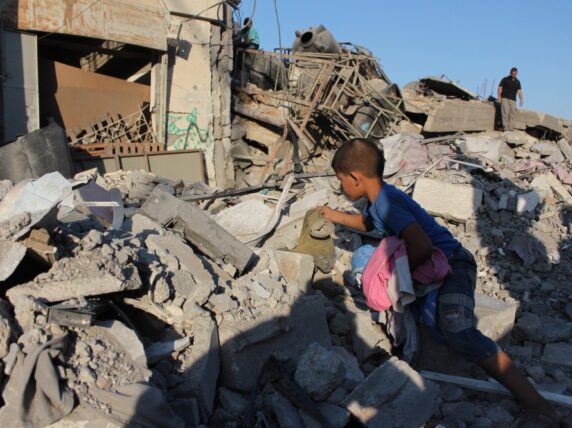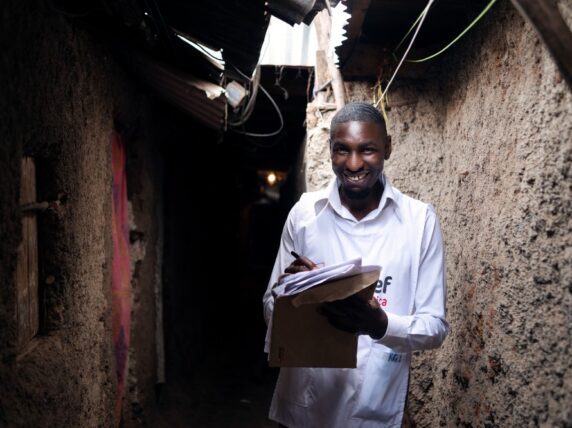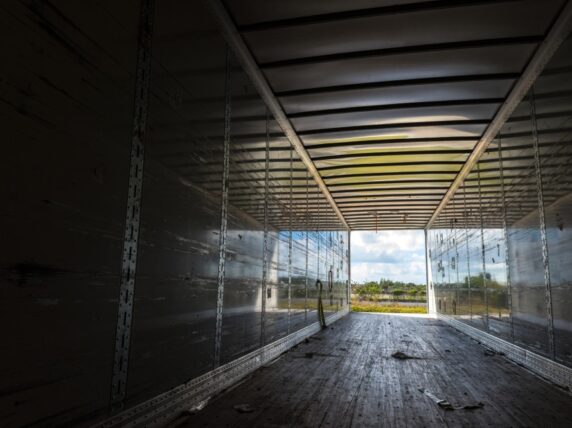Fake news and its impact on the charity sector
Both Save the Children and MSF (Médecins Sans Frontières) have been the subject of fake news, falsely accused of colluding with people traffickers as they conduct rescue efforts in the Mediterranean. A new report shows that charities are struggling to cope with the impact of fake news on their work.
Faking It – fake news and how it impacts on the charity sector is the first report on fake news and the charity sector and is published by IBT (the International Broadcasting Trust), which represents more than 40 charities working in international development. Its findings are deeply worrying and illustrate how life has become much more difficult for charities, particularly those involved in international development.
The report quotes Sean Ryan, director of media at Save the Children as saying: “In the Mediterranean, our search and rescue operations have been falsely accused of colluding with traffickers. It started as a report in the Italian media and then Defend Europe, the far-right group, hired their own boat to try and stop what we were doing. We had to fight this propaganda without any resources. We just had to keep repeating that we only worked with the Italian coastguard.”
MSF has come under similar attack. Their head of press, Gemma Gillie, is deeply concerned about the impact of fake news on their reputation: “Fake news delegitimises MSF and criminalises the vulnerable which in turn facilitates anti-immigration policies.”
In an increasingly strident online environment, it’s harder for charities to be heard. It’s also easier for them to fall victim to false accusations, which often originate online but gain traction through mainstream media.
Subscribe to our newsletter
Our weekly email newsletter, Network News, is an indispensable weekly digest of the latest updates on funding, jobs, resources, news and learning opportunities in the international development sector.
Get Network NewsThe report cites one example of trolling in which Girish Menon, the highly regarded CEO of ActionAid, was falsely accused of being an ISIS agent. In Girish’s own words: “We discovered that the message originated from a fake news site hosted in the US. In the heat of the moment there’s no analysis of what’s fake or not. If it had been picked up by other media what would we do? There are only so many times you can issue a rebuttal. Reputations are so brittle, what would our supporters think? And of course ActionAid works in many countries that have an ISIS footprint.”
4 actions that charities can take
- Monitor and challenge fake news and misinformation about your work
- Train key staff in verification methods so that information coming from a charity is always carefully scrutinised
- Maintaining and rebuilding public trust should be a key pillar of any communications strategy
- Invest in relationships with trusted media outlets to help reinforce and amplify messaging
Read Faking It – fake news and how it impacts on the charity sector.
At the Bond Conference we will have a session on how aid and development is portrayed in the media, with the opportunity to discuss these issues with journalists.




